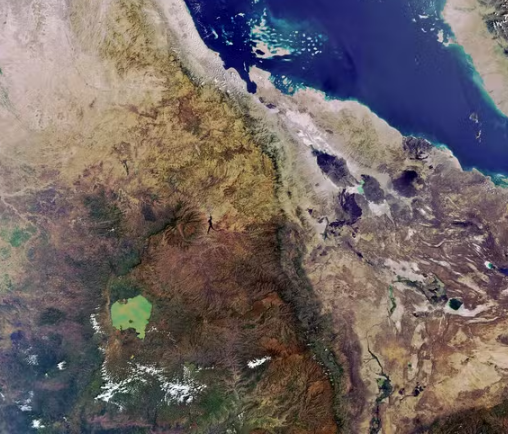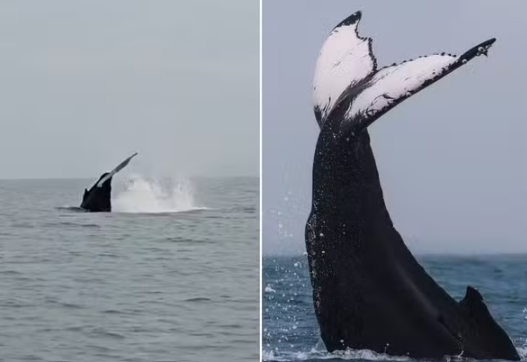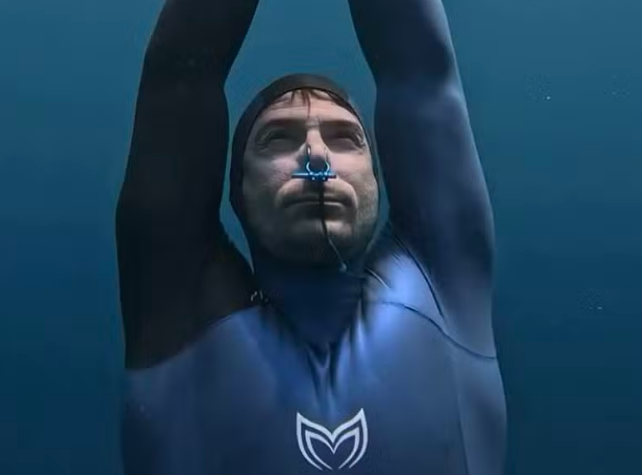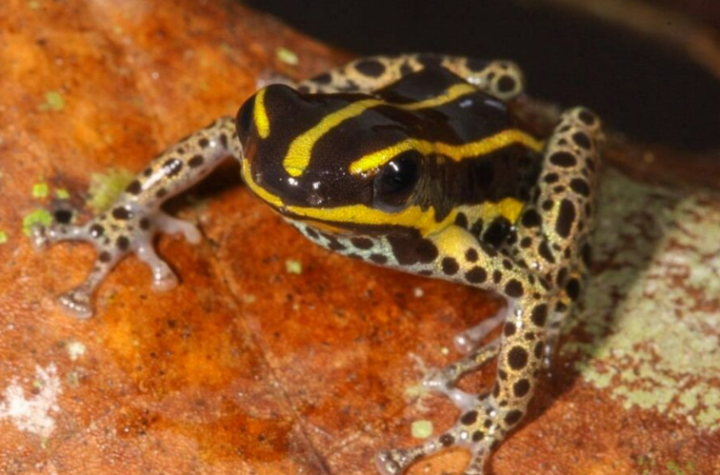A Croatian diver has amazed the world by staying 29 minutes and 3 seconds underwater, completely still, at the bottom of a 3-meter-deep pool. The feat, accomplished by Vitomir Maričić, set a new world record and raised an intriguing question: how can the human body endure so long without breathing?

For comparison, an average person can hold their breath for 30 to 90 seconds before the urge to breathe becomes overwhelming. Maričić even surpassed the previous world record of 24 minutes, also held by a Croatian diver since 2021.
🧠 Body and mind in perfect sync
Freedivers like Maričić spend years training both body and mind to tolerate oxygen deprivation. They perform cardiovascular and breathing exercises to increase lung capacity and improve oxygen transport efficiency throughout the body.
Before attempting the record, Maričić breathed pure oxygen for 10 minutes, a technique that boosts the body’s oxygen reserves. For this reason, the record is officially classified as an oxygen-assisted breath-hold, according to Guinness World Records.
Even so, Maričić can hold his breath for over 10 minutes on normal air alone.
💨 The human body’s challenge
Contrary to popular belief, it’s not the lack of oxygen that makes us desperate to breathe, but rather the buildup of carbon dioxide (CO₂) in the bloodstream. When CO₂ levels rise too high, the brain triggers an intense urge to inhale again.
Through training, freedivers can desensitize their bodies to this reflex, delaying the natural impulse to breathe. However, this requires extreme control over the diaphragm and mental discipline.
“It became harder and harder physically, especially because of the diaphragm contractions. But mentally, I knew I wasn’t going to give up,” Maričić said after the record.
🧘 Absolute calm and mental control
In freediving, the mind is just as important as the body. Athletes practice meditation, focus, and conscious breathing to stay calm even as their bodies demand air.
Interestingly, Maričić shared that after about 20 minutes, everything became easier — his body entered a state of stillness and energy conservation. His heart rate dropped dramatically, reducing oxygen consumption and allowing him to remain motionless at the bottom of the pool for nearly half an hour.
🌍 A feat that bridges science and human potential
More than just a record, Maričić’s achievement reveals the incredible capacity of the human body and mind working in harmony. With discipline, science, and total focus, the Croatian diver has pushed static apnea to a new level — proving that human limits are still far from being reached.





More
Scientists say a new ocean could emerge as Africa slowly splits apart
Humpback Whale Spotted Resting Near the Coast of Praia Grande
New Species of Poisonous Frog Discovered in the Peruvian Amazon